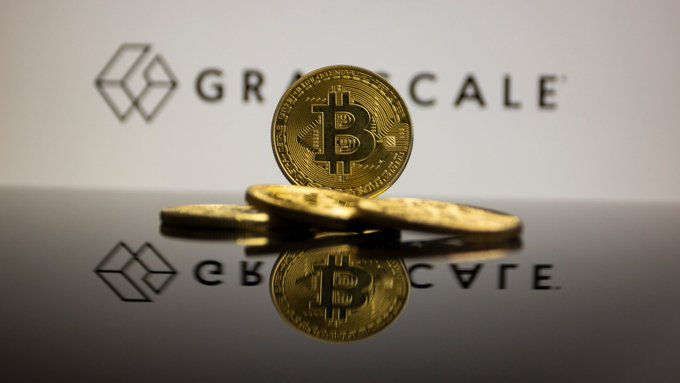Grayscale has submitted an S-3 registration form to the United States Securities and Exchange Commission (SEC) to turn its Digital Large Cap Fund into an exchange-traded fund (ETF).
The multi-asset investment vehicle, founded in 2018, gives exposure to five key cryptocurrencies: Cardano (ADA), Ethereum (ETH), Bitcoin (BTC), XRP, and Solana (SOL). These five assets constitute more than 75% of the total market value, excluding meme coins and stablecoins.
At 79.40%, Bitcoin is the largest investment in the portfolio; Ethereum (10.69%), XRP (5.85%), Solana (2.92%), and Cardano (1.14%) follow.
Grayscale Transition from Private to Retail Investors
Until now, the fund has only been accessible to accredited investors via private placements. Once it transitions to an ETF structure, retail investors will be able to access it, complementing the company’s broader plan to incorporate digital assets into conventional investment portfolios by offering regulated and easily transferable products.
The action follows Grayscale’s rapid expansion into the ETF sector. In addition to the Digital Large Cap Fund conversion, it has recently pursued regulatory approval for other crypto ETFs, including those focused on Avalanche (AVAX) and Hedera (HBAR).
These efforts indicate a growing demand for diversified crypto investment products catering to both institutional and retail investors.
In addition, Nasdaq has joined this wave of innovation by filing a separate application with the SEC to list Grayscale’s Avalanche ETF shares. Such collaborations showcase how traditional financial institutions increasingly work alongside crypto-focused firms to bring digital assets into regulated markets.
Why Does the ETF’s Approval Matter?
If the SEC approves, the fund could provide regulated and accessible cryptocurrency investments. It would expose ordinary investors to a basket of top-performing digital assets without requiring specialized knowledge or tools.
It might also pave the way for future multi-asset crypto funds hoping to become ETFs. For example, among asset managers like BlackRock and Fidelity—both of whom are working on their crypto ETF projects—it might affect the future path of cryptocurrency integration into conventional finance.
READ MORE: How Will Tariffs Affect BTC, XRP, HBAR, JASMY, and Altcoin Prices













